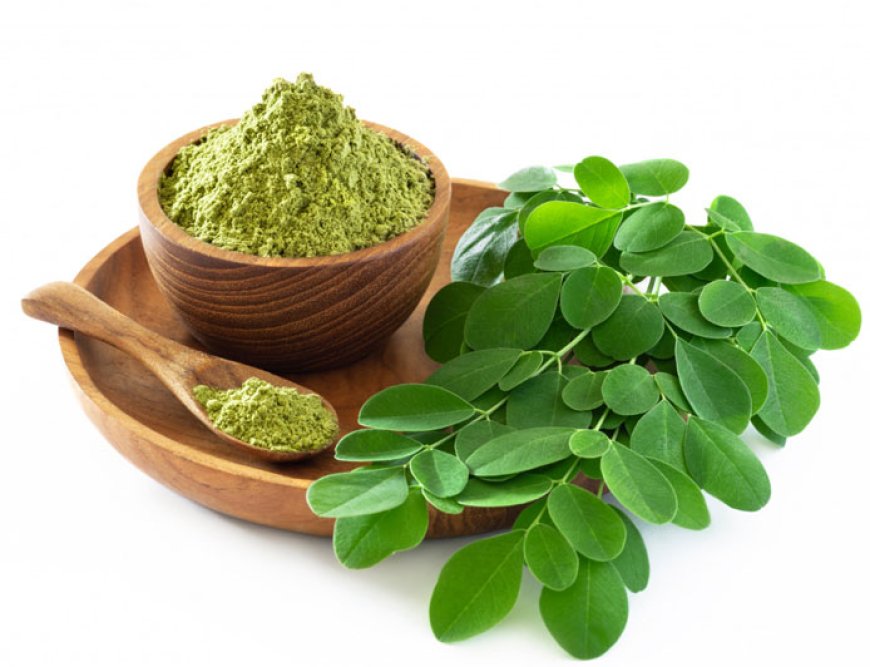The Growing Global Demand for Ayurvedic Products and Treatments
Explore the factors driving the growing global demand for Ayurvedic products and treatments, the types of Ayurvedic products available, and the future prospects of the Ayurveda industry worldwide.

Ayurveda, the ancient Indian medical system, has seen a resurgence in recent years as more and more people around the world are seeking natural, holistic solutions to their health issues. This increased interest has led to a surge in the global demand for Ayurvedic products and treatments. In this article, we will discuss the factors contributing to this growth, the types of Ayurvedic products and treatments available, and the future prospects of the Ayurveda industry worldwide.
Factors Contributing to the Growth of Ayurvedic Products and Treatments
Increasing awareness about holistic health: As people become more conscious of their overall well-being and the interconnectedness of their physical, mental, and emotional health, they are looking for holistic solutions. Ayurveda offers a comprehensive approach to health that considers the entire individual, making it an attractive option for those seeking balance and wellness in their lives.
Growing preference for natural remedies: The rise in popularity of organic and natural products has extended to healthcare as well. Consumers are seeking alternatives to synthetic medications and are turning to Ayurvedic remedies, which are derived from natural ingredients and have fewer side effects.
Rise in lifestyle-related disorders: The increasing prevalence of chronic lifestyle-related conditions such as diabetes, hypertension, and obesity has led people to search for alternative treatment options that focus on prevention and overall wellness, rather than just treating symptoms. Ayurveda emphasizes lifestyle modifications and natural remedies, making it an attractive choice for managing these conditions.
Increased scientific research and validation: More research is being conducted on the efficacy of Ayurvedic treatments and herbal formulations, helping to validate their effectiveness and provide a scientific basis for their use. This has contributed to the global acceptance and growth of Ayurveda.
Types of Ayurvedic Products and Treatments
Herbal Supplements: Ayurvedic herbal supplements are used to promote overall wellness and address specific health concerns. These supplements are derived from natural sources, such as plants, minerals, and animal products, and are formulated to maintain the body's balance and promote optimal health.
Personal Care Products: The Ayurvedic approach to personal care includes a range of products like hair oils, shampoos, skincare items, and oral care products. These products are made with natural ingredients and are designed to enhance well-being while maintaining the body's balance.
Ayurvedic Treatments: There is a wide variety of Ayurvedic treatments available for various health conditions. These treatments may include lifestyle modifications, dietary changes, herbal remedies, and specialized therapies such as Panchakarma, a detoxification process that helps to cleanse and rejuvenate the body.
Wellness Retreats and Ayurvedic Spas: The demand for Ayurvedic wellness retreats and spas has been growing as people seek comprehensive solutions for relaxation, rejuvenation, and stress reduction. These retreats often offer personalized treatment plans, including Ayurvedic therapies, yoga, and meditation, to address the unique needs of each individual.
The Future of Ayurveda: Challenges and Opportunities
The global demand for Ayurvedic products and treatments is expected to continue to grow. However, the industry also faces some challenges, such as:
Standardization and quality control: Ensuring the consistency and quality of Ayurvedic products is essential to maintain consumer trust and satisfaction. The industry must adopt standardized methods and invest in quality control measures to ensure the efficacy and safety of their products.
Regulatory compliance: As the global demand for Ayurvedic products grows, the industry must navigate a complex regulatory landscape to ensure compliance with various national and international standards.
Research and development: Continued investment in scientific research is necessary to further validate the effectiveness of Ayurvedic treatments and attract a wider audience. Collaborations between the Ayurveda industry and scientific institutions can lead to advancements in the field and help to bring new, innovative products to the market.
Skilled workforce: The growth of the Ayurveda industry requires a skilled workforce that includes practitioners, researchers, and educators. Fostering education and training opportunities for aspiring professionals in the field will be crucial to meet the growing demand for Ayurvedic products and services.
International marketing and branding: To increase global awareness and acceptance of Ayurveda, companies must invest in effective marketing and branding strategies. Showcasing the benefits of Ayurvedic products and treatments and educating the public about the holistic nature of Ayurveda will help attract more consumers.
The global demand for Ayurvedic products and treatments is on the rise, fueled by increasing awareness of holistic health, a growing preference for natural remedies, and the rising prevalence of lifestyle-related disorders. As the Ayurveda industry continues to expand, it faces challenges such as standardization, regulatory compliance, and the need for continued research and development. By addressing these challenges and seizing the opportunities presented by the growing global interest in Ayurveda, the industry can continue to flourish and bring the benefits of this ancient medical system to people around the world.

 vasundhara
vasundhara 





